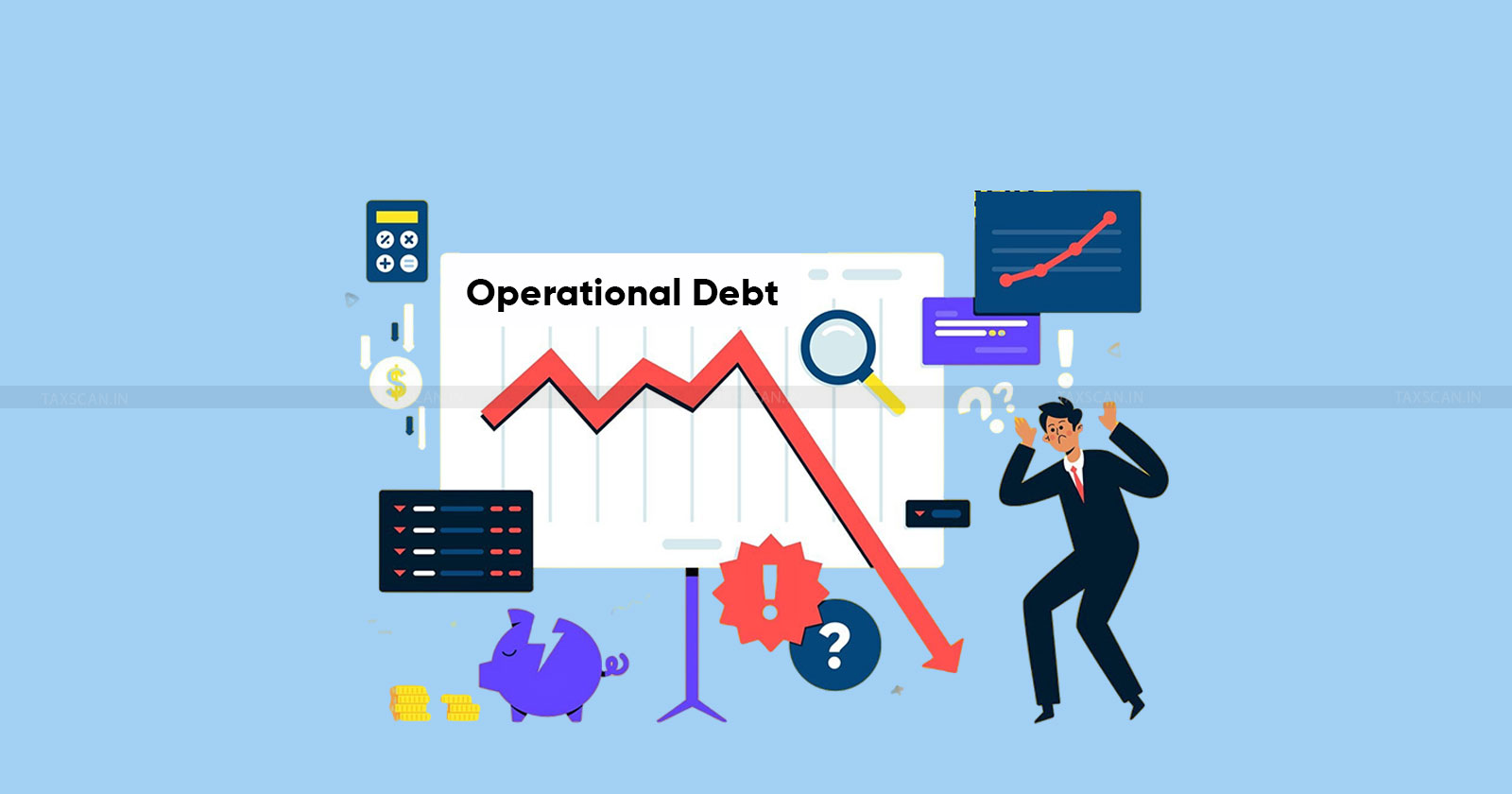Corporate Debtor Cannot Deny Transaction Which was once Approved : NCLT [Read Order]
The Tribunal observed that until a demand notice was sent in accordance with Section 8 of the Code, the Corporate Debtor did not seem to have objected to the invoices
![Corporate Debtor Cannot Deny Transaction Which was once Approved : NCLT [Read Order] Corporate Debtor Cannot Deny Transaction Which was once Approved : NCLT [Read Order]](https://images.taxscan.in/h-upload/2025/06/11/2042309-ibc-section-9-nclat-ruling-corporate-debtor-taxscan.webp)
The National Company Law Tribunal Bench affirmed a Section 9 petition brought under the Insolvency & Bankruptcy Code, 2016 ("the Code"), holding that the Corporate Debtor cannot later reject a wage structure adjustment once it has granted its consent.
Know How to Investigate Books of Accounts and Other Documents, Click Here
M/s. Liberium Global Resources Private Limited, an operational creditor, filed for bankruptcy against M/s. Amritsar MSW Limited, a corporate debtor, under Section 9 of the Insolvency and Bankruptcy Code, 2016, claiming that the latter had failed to pay its debts under the terms of the concession agreement.
The Department of Local Punjab Government, Punjab, Amritsar Municipal Corporation ("Concessioning Authority"), Amritsar MSW Limited ("Concessionaire"), and Essel Infraprojects Limited ("Selected Bidder") signed the concession agreement. In order to manage the collection, transportation, processing, and disposal of municipal solid waste generated from residential and other areas in order to comply with environmental regulations as well as for health and hygiene reasons, the Concessioning Authority entered into a sale agreement with the Corporate debtor.
The Punjab government released a notification in November 2021 amending the Minimum Wages Act. The Operational Creditor then requested confirmation from Averda and supplied the updated salary structure in accordance with the updated structure. In response, Averda requested that the Operational Creditor move forward with the updated wage structure after accepting it.
However, Averda refused to pay the salary according to the updated structure when Operational Creditor submitted the January 2022 salary register, stating that they would continue to pay the old wages because the Punjab and Haryana High Court was still considering the minimum wage notification issue. The Operational Creditor followed up with Averda on a regular basis, but Averda refused to process the invoices or release payments. In March 2022, he also unilaterally ended the Sale Agreement.
Even though Averda had previously agreed to pay, it refused to disburse the money despite the Panjab & Haryana High Court's wage announcement not being stayed. Following that, invoices billed directly to Averda under a Confidential Agreement were included in a demand notice dated July 28, 2023.
A new demand notice was later issued under Section 8 of the Code, but it was limited to invoices that were raised against the Corporate Debtor under the governing agreements. Since the claim is for unpaid invoices resulting from services that were properly rendered under the Concession Agreement, Supply Agreement, and Supplementary Concession Agreement, the Corporate Debtor denied the operational debt in its reply, arguing that the Confidential Agreement had no bearing on the debt.
In order to establish a facility for turning garbage into power, the Corporate Debtor claimed to have signed a Sale Agreement with the Operational Creditor to buy municipal solid waste. In accordance with the agreement, the Operational Creditor generated monthly invoices for the monthly garbage collection targets.
It added that 18 bills totaling ₹8,97,69,008/-were raised between January and December of 2021, and that payments for those invoices had already been made. Overpayments totaling ₹9,00,87,241/-were made and will be rectified in the upcoming billing cycle. It highlighted the fact that there was no other agreement between the parties except the Sale Agreement, and that this Agreement alone constituted the parties' whole contractual framework.
It was also stated that Averda Waste Management Investments India Pvt. Ltd., a non-party to this dispute, is primarily responsible for the actions and statements made in support of the Operational Creditor claim. Therefore, Averda's undertakings cannot bind the Corporate Debtor in the absence of a tripartite or modified agreement.
The Concession Agreement's Clause 5 required the Corporate Debtor to abide by all applicable labor and employment laws, including statutory wage requirements, even after the agreement ended or expired, according to the bench of Shri Mahendra Khandelwal (Judicial Member) and Shri Atul Chaturvedi (Technical Member).
Additionally, Clause 8 of the Agreement defined "Change in Law" as "modification or re-enactment of existing Indian law," which in this case includes the Punjab Government's amendment to the Minimum Wages Act, 1948. Consequently, the Tribunal determined that the Corporate Debtor was responsible for paying the updated minimum wages to the waste management project participants.
In December 2021, the Operational Creditor requested a revised wage structure, which the Corporate Debtor authorized through its management entity Averda Waste Management Investments India Pvt. Ltd. The Operational Creditor was then allowed to incorporate the revised wages into the salary structure.
The Corporate Debtor complied by paying the full amount of the December 2021 invoice, which included the updated wages. According to the Tribunal, this showed that the updated wage structure was initially accepted.
According to the email exchanges, the Tribunal observed that until a demand notice was sent in accordance with Section 8 of the Code, the Corporate Debtor did not seem to have objected to the invoices. The Tribunal ruled that the Corporate Debtor could not later contest the validity of the identical wage terms for later months after accepting the December 2021 invoice with the updated salaries.
As a result, the Tribunal maintained the Section 9 petition and determined that the Operational Creditor was owed ₹2,28,65,774 in operational debt.
Support our journalism by subscribing to Taxscan premium. Follow us on Telegram for quick updates



